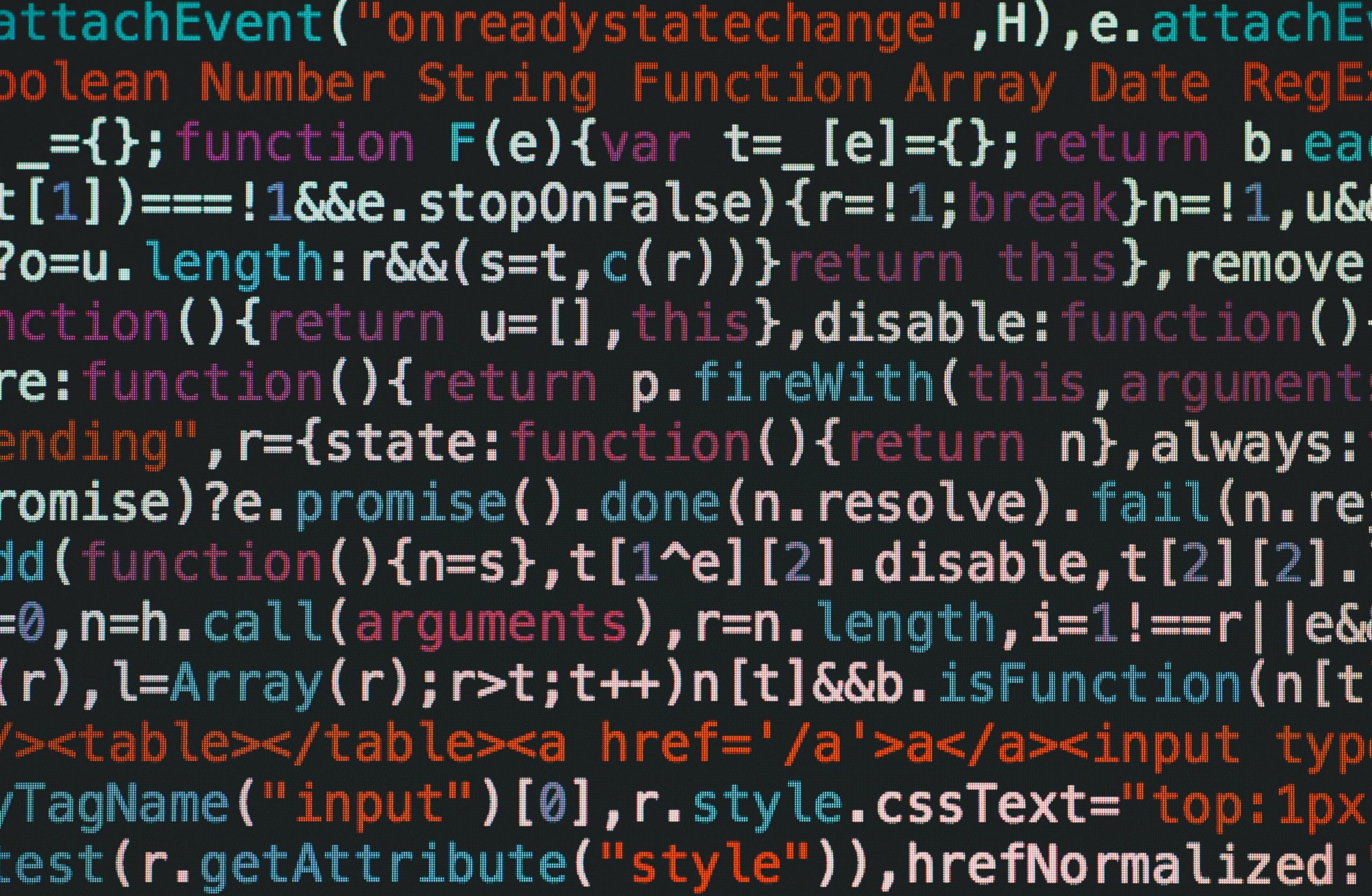Artificial intelligence (AI) is no longer a distant concept confined to research labs or science fiction. It is here, evolving rapidly, and poised to reshape industries, redefine work, and transform the social fabric in ways we are only beginning to understand. As financial consultants, it is our responsibility to help clients navigate this shifting landscape, not by predicting the future with certainty, but by exploring the possibilities and preparing for a range of outcomes.
If AI evolves as some experts suggest, the implications for the economy, labor force, and society could be profound. This article examines these potential impacts, offering insights into how businesses and individuals might adapt to a world where intelligence is no longer solely a human domain.
The Economic Impact: A New Industrial Revolution?
AI’s potential to revolutionize the economy lies in its ability to automate tasks, enhance productivity, and create entirely new industries. However, this transformation may not be without disruption.
- Automation and Efficiency: If AI continues to advance, it could automate a wide range of tasks, from data analysis to customer service. This might lead to significant gains in efficiency, allowing businesses to operate faster and at lower costs. For example, AI-driven algorithms could optimize supply chains, reducing waste and improving delivery times. However, this automation could also displace jobs in sectors like manufacturing, transportation, and even white-collar professions such as law and finance.
- New Industries and Opportunities: On the flip side, AI could create new markets and opportunities. If AI systems become capable of solving complex problems, such as climate modeling or drug discovery, entirely new industries could emerge. Businesses that invest early in AI research or partner with AI-driven startups might find themselves at the forefront of these emerging sectors.
- Shifting Market Dynamics: If AI evolves to the point of surpassing human intelligence in specific domains, it could lead to a concentration of power among companies that control these technologies. Smaller firms might struggle to compete, while larger enterprises with access to AI resources could dominate markets. This could exacerbate economic inequality unless mitigated by thoughtful policy and innovation.
The economic future with AI is not set in stone. It will depend on how businesses, governments, and individuals respond to these possibilities. Companies that proactively integrate AI into their operations, while also investing in their workforce, may thrive, while those that resist change could face obsolescence.
The Labor Force: Redefining Work in an AI-Driven World
The impact of AI on the labor force is perhaps one of the most debated topics. If AI continues to develop as some predict, the nature of work could change dramatically.
- Job Displacement and Creation: Automation has historically displaced workers in certain sectors while creating new roles elsewhere. If AI advances to handle tasks like decision-making or creative problem-solving, this pattern could repeat on a larger scale. For instance, AI might take over routine analytical tasks in finance, but it could also create demand for roles that require human oversight, ethical judgment, or emotional intelligence, areas where machines may struggle.
- Skills for the Future: If AI becomes a central part of the workplace, the skills required for success will likely shift. Workers might need to focus on areas where humans still hold an edge, such as interpersonal communication, creativity, and adaptability. Education systems may need to evolve, emphasizing lifelong learning and the ability to work alongside intelligent machines.
- The Gig Economy and Flexibility: AI could also accelerate the trend toward flexible, project-based work. If AI systems can match workers to tasks more efficiently, the gig economy might expand, offering both opportunities and challenges. Workers could enjoy more autonomy, but they might also face greater income volatility and reduced job security.
The key for businesses and workers alike will be adaptability. Companies that invest in reskilling their workforce and fostering a culture of innovation may find that AI enhances rather than replaces human potential.
The Social Fabric: AI’s Influence on Relationships and Identity
Beyond economics and work, AI’s evolution could have profound effects on society itself. If AI becomes deeply integrated into daily life, it might alter how we interact, find meaning, and govern ourselves.
- Human Relationships and Identity: If AI systems become capable of performing tasks that once defined human roles, such as caregiving or companionship, people might need to reassess what gives their lives meaning. For example, if an AI can provide emotional support or manage household tasks more efficiently, individuals might have more time for leisure or personal growth. However, this could also lead to a sense of purposelessness if not managed carefully.
- Ethical and Governance Challenges: The rise of AI could also strain existing social structures. If AI is used for surveillance or decision-making in areas like criminal justice, it could raise serious ethical concerns. Governments and institutions might need to develop new frameworks to ensure that AI is used transparently and fairly. The risk of authoritarian misuse, as seen in dystopian scenarios, underscores the need for robust governance.
- A New Social Contract: If AI leads to widespread automation, society might need to rethink the social contract. Concepts like universal basic income or new forms of social safety nets could become necessary to support those displaced by technology. At the same time, AI could enable more personalized education and healthcare, potentially improving quality of life for many.
The social impact of AI will depend on how we choose to integrate it into our lives. Thoughtful design and ethical considerations will be essential to ensuring that AI enhances rather than diminishes human connection and agency.
Conclusion: Embracing the Possibilities, Preparing for the Challenges
The future of AI is not predetermined. It is a canvas upon which we can paint a variety of outcomes, some utopian, others dystopian. If AI evolves as some experts suggest, it could usher in an era of unprecedented prosperity, where human potential is unleashed in ways we can scarcely imagine. Alternatively, it could exacerbate inequality, erode privacy, and challenge our sense of purpose.
For businesses, the message is clear: AI is not just a technological trend; it is a force that could redefine entire industries. Companies that embrace AI’s potential, while remaining vigilant about its risks, will be better positioned to thrive in this new landscape. For individuals, the challenge will be to adapt, learning to work alongside intelligent machines while preserving the qualities that make us uniquely human.
As we stand on the brink of this new era, the choices we make today will shape the world of tomorrow. By fostering innovation, investing in education, and prioritizing ethical governance, we can help ensure that AI becomes a tool for human flourishing rather than a source of disruption.
Read our full Report Disclaimer.
Report Disclaimer
This report is provided for informational purposes only and does not constitute financial, legal, or investment advice. The views expressed are those of Bretalon Ltd and are based on information believed to be reliable at the time of publication. Past performance is not indicative of future results. Recipients should conduct their own due diligence before making any decisions based on this material. For full terms, see our Report Disclaimer.

